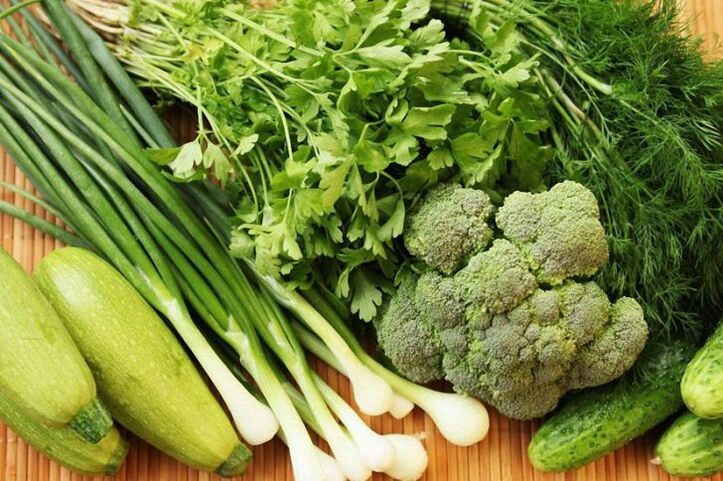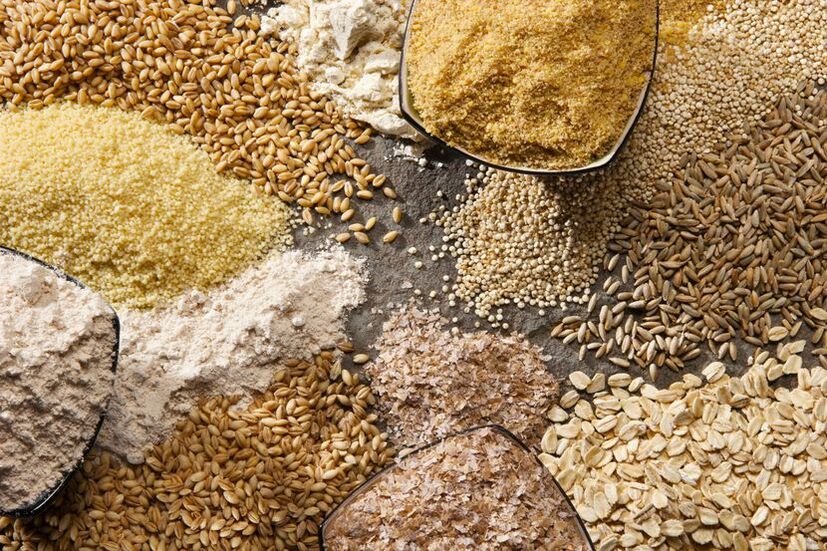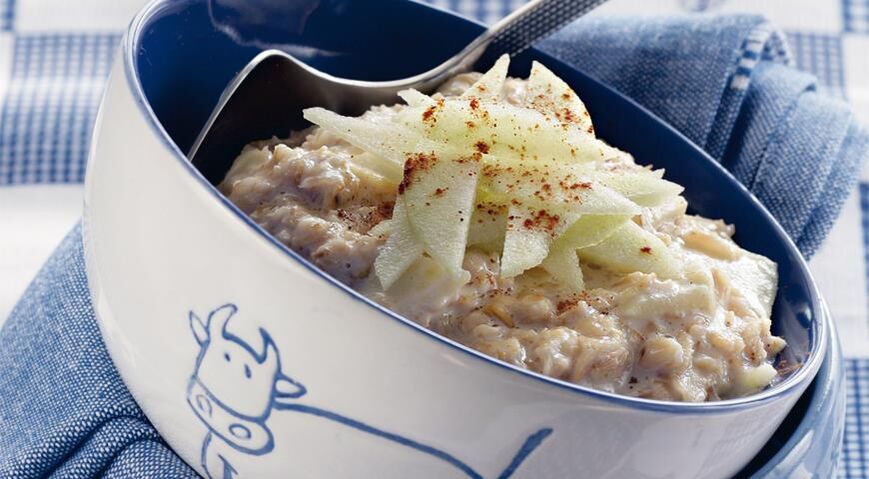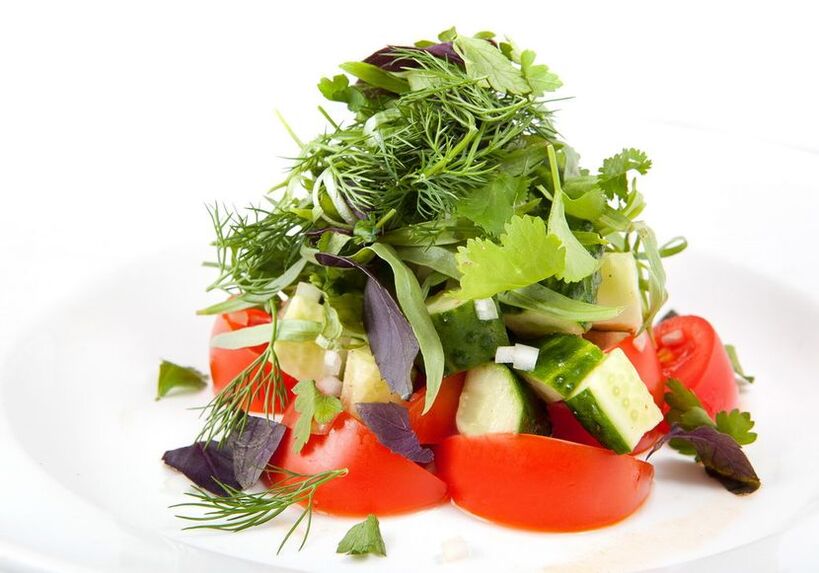
Allergies are considered a disease of our time, expressed in increased sensitivity to certain substances, products, ingredients. The most common types of allergies are: pollen, dust, food, drugs, animal dander, insect bites.
To relieve the condition of the body, with exacerbation of allergies, there are two ways: by taking medication, or by following a hypoallergenic diet. The diet will be just as effective, regardless of the type and severity of the allergy, whether sudden or chronic, in the form of atopic dermatitis. Allergies are serious disorders in the body, and require a visit to the doctor.
Recommendations for a hypoallergenic diet are only a small part of what you can do on your own.
Hypoallergenic diet menu
A person adhering to such a diet is able to eliminate foods that provoke an allergic reaction.
According to research by nutritionists, all products are divided into three groups: low allergy, moderate allergy, and high allergy.
Foods that are allowed and healthy for allergies:
- all kinds of cereals, except corn,
- shrimp crisp,
- all kinds of dried fruit,
- unleavened dough products,
- green or yellow vegetables and fruits. These are asparagus, cucumbers, apples, cabbage, greens, yellow cherries, gooseberries, pears,
- compotes, jellies and green fruit jellies,
- Red meat,
- dairy products,
- butter.

Foods to eat with caution:
- fruits and vegetables of an orange or red color, and jellies, juices and compotes thereof,
- grenade,
- chicken and egg,
- strawberries, raspberries, strawberries,
- fish and caviar,
- crazy
- horse meat,
- melon,
- black and red currant.
Foods that are strictly prohibited for all types of allergies:
- all citrus fruits, except lemons,
- mold,
- milk,
- Dear,
- candy shop,
- chocolate, coffee, chocolate,
- lamb, veal, turkey and rabbit,
- olive oil,
- any smoked meat,
- reddish brown celery,
- smoked, canned, salty, pickled and spicy foods,
- alcohol.
Of course, you can not eat a kilogram of cucumbers or apples at once, which is allowed in the diet. Even a completely healthy body can react to such a load unexpectedly, and it is expressed in the form of an allergy. Moderation should be in all things. And the best solution is fractional food, in order to track possible allergies.

Example of a hypoallergenic diet menu for 7 days
First day
- Breakfast: cottage cheese with the addition of sour cream and sugar, tea.
- Dinner: vegetable soup, a piece of stewed beef, green apple, kefir.
- Dinner: buckwheat porridge, boiled vegetables, jelly.
The second day
- Breakfast: oatmeal with added butter and dried fruit, green or black tea, to choose from.
- Dinner: vegetable soup, boiled pork, compote.
- Dinner: rice porridge, steamed cutlets, yellow apple, kefir.
The third day
- Breakfast: sandwich with cheese and butter, tea, yogurt.
- Dinner: vegetable broth, a piece of beef, compote.
- Dinner: mashed potatoes, boiled pork, bananas.
The fourth day
- Breakfast: boiled pasta with the addition of butter, tea, pears.
- Dinner: vegetable soup with meat, dried fruit compote.
- Dinner: vegetable stew, apples, tea.
Fifth day
- Breakfast: dry biscuits with butter, tea, banana and pear salad with yogurt.
- Dinner: vegetable broth, pieces of steamed beef, bananas, compote.
- Dinner: buckwheat porridge with boiled vegetables, tea.
Sixth day
- Breakfast: cottage cheese casserole, tea.
- Dinner: vegetable broth, a piece of boiled beef, compote.
- Dinner: buckwheat porridge, yogurt, banana.
Seventh day
- Breakfast: bread with butter and boiled meat, pears, tea.
- Dinner: vegetable soup, steamed meat slices, bananas, compote.
- Dinner: oatmeal, salad of fresh vegetables with herbs, kefir.

Advice from a professional nutritionist
Be sure to pay attention to the fact that every day at lunch you need to eat soup for the proper functioning of housing and communal services. The basis should always be based only on vegetable broth, as meat broth can provoke an allergic reaction.
As a snack, you can use cottage cheese, yogurt, fruits, vegetables, and tea that can be drunk with the addition of lemon.
If you stick to this type of food for at least a week, then you will soon feel an additional surge of strength. First, thanks to a healthy and balanced diet, the body will be able to rid itself of toxins and toxins. Second, by eliminating possible allergens from food as much as possible, it will be easier to monitor allergy dynamics and draw conclusions on your own.
Adults can follow this diet for no more than three weeks, and children for a maximum of 9 days. If at the end of the diet it appears that the state of health has improved, then gradually you need to add foods that were previously prohibited. This should be done at intervals of three days for each new product, as allergic reactions may not appear immediately. This diet is also called non-specific.
If there is no improvement, it is necessary to gradually exclude moderate allergen foods, and then low allergenic foods. You can limit the diet only under the supervision of a specialist. For a more accurate identification of allergies, doctors are advised to write down your diet in a diary, and how your body reacts to each product.
You must eat with attention to all the body's needs for vitamins and minerals. You should not overeat, because the extra food particles will not be digested, but will only poison the body.
Protein-rich foods should be combined with vegetables, in this case the fiber they contain will block the penetration of the allergen into the bloodstream.
This type of diet food is absolutely suitable for all adults, children and even nursing mothers.














































































